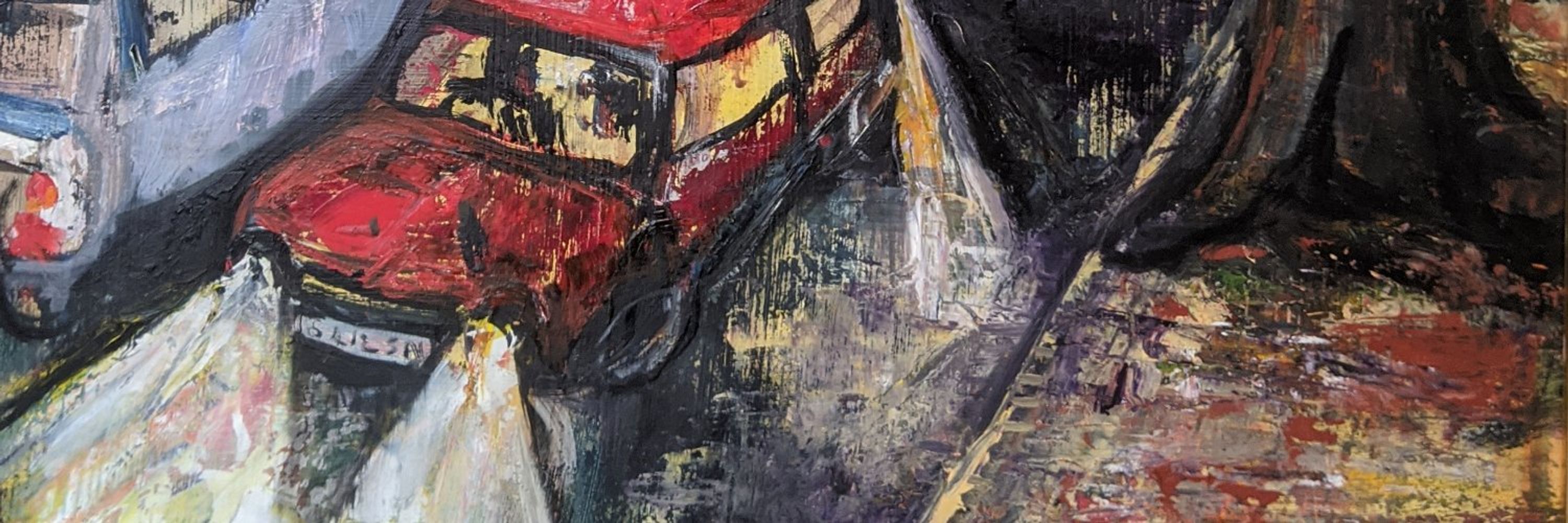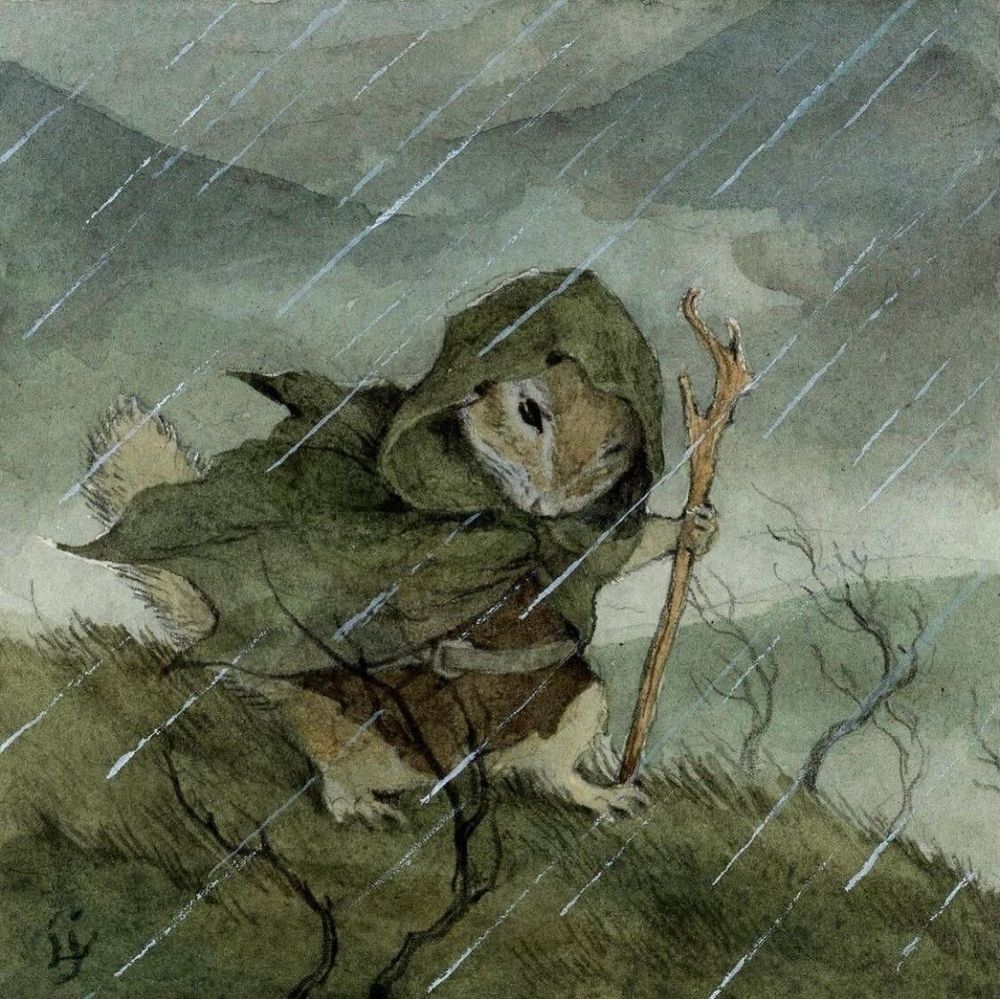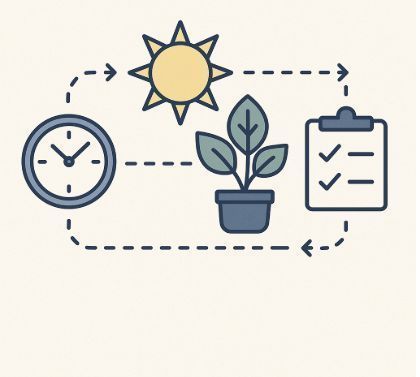

We propose a new gold standard to avoid “just-so” storytelling in evolutionary inference & apply it to autism. It’s been 9 years (!!) in the making.


buff.ly/ipZ34vS

buff.ly/ipZ34vS





Along with @orbenamy.bsky.social, Nik & @jaeggiadrian.bsky.social, @realadamhunt.bsky.social & I revisit an old theoretical question using concepts from evo psychiatry and anthro:
Why do mixed associations exist b/w social media & mental health?
A 🧵

Along with @orbenamy.bsky.social, Nik & @jaeggiadrian.bsky.social, @realadamhunt.bsky.social & I revisit an old theoretical question using concepts from evo psychiatry and anthro:
Why do mixed associations exist b/w social media & mental health?
A 🧵

"Most papers provided curricular recommendations that lacked empirical evidence to support those recommendations."
"Most papers provided curricular recommendations that lacked empirical evidence to support those recommendations."




